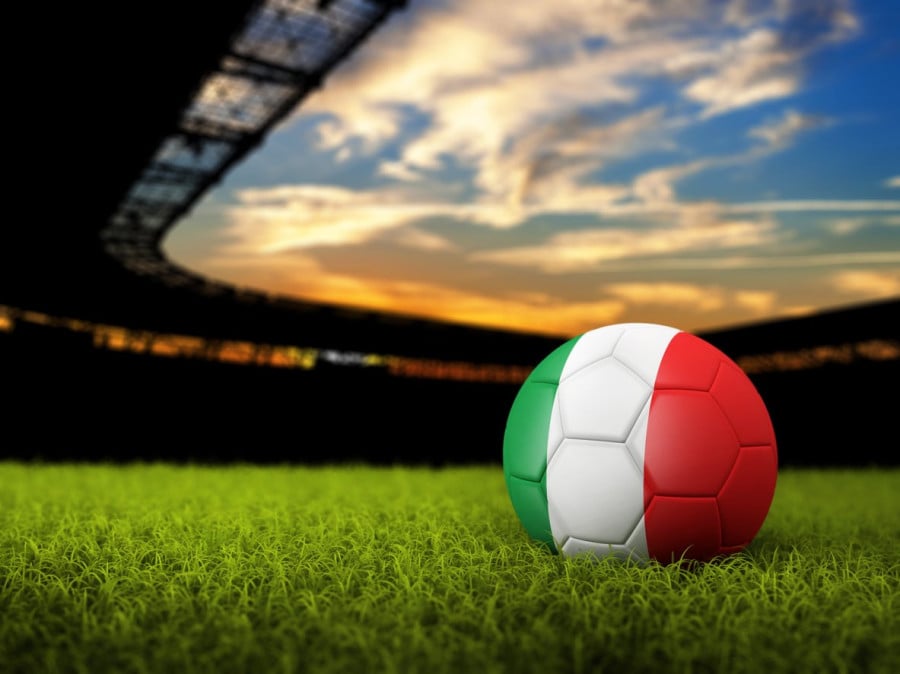Working as a football agent in Italy: Complying with the FIFA's Football Agent Regulations & Italian law

On January 6th, 2023, the FIFA Football Agent Regulations (“FFAR”), were published following their enactment in Doha on December 16th, 2022. Since their publication the FFAR have been vigorously contested and have been the subject of several disputes brought before national courts, the Court of Arbitration for Sport (“CAS”) in Lausanne and, most importantly, the European Court of Justice (“ECJ”). Underlying these objections was the alleged incompatibility of certain FFAR with national Laws, national association regulations and EU Law.
This is without prejudice to the fact that FIFA recognises that acting as an agent may be a matter of national dimension and acknowledges the differences that exist within the various national legal systems with regard to the agent’s status, rights and obligations. Article 3 of the FFAR states that “The national football agent regulations govern the occupation of Football Agents within the territory under the jurisdiction of the relevant member associations and apply to all Representation Agreements that do not have an international dimension.” However, it also adds that “the national football agent regulations must be consistent with these Regulations”. In any case, Article 3 also provides that “Member associations may introduce in their national football agent regulations stricter measures than those stipulated in articles 11 to 21 of these Regulations. They may also deviate from those provisions where they conflict with stricter mandatory provisions of the law applicable in the territory of the member association”. In other words, whenever a national provision is stricter than the one provided by FIFA, the national provision surely prevails.
In Italy, agents are recognized by State Law as a professional activity in connection with the sports ecosystem and for this reasons they need to be registered pursuant to the Italian agent regulations issued by the Italian National Olympic Committee (“CONI”), which provide for the general principles which rule the agents’ activities, and the Italian football agent regulations issued by the Italian Football Federation (“FIGC”), which provide more specific rules governing the activity of football agents[1]. This means that agents need to comply with the Italian law as well as FFAR in Italy.
This article discusses:
To continue reading or watching login or register here
Already a member? Sign in
Get access to all of the expert analysis and commentary at LawInSport including articles, webinars, conference videos and podcast transcripts. Find out more here.
- Tags: Agents | Competition Law | Court of Arbitration for Sport (CAS) | Dispute Resolution | FIFA Football Agent Regulations | FIFA Statutes | Football | Germany | Italy | Netherlands | Regulation & Governance
Related Articles
- Esports in Italy: Key Labour Issues & why a uniform legal framework is vital for its success
- How football clubs “transfer” coaching staff - insights from Spain, France, Italy, UK & USA
- How Italy Has Reshaped Tax Incentives To Attract Professional Athletes
- A Summary Of The Advocate General Opinion In The European Super League Case
- A Guide to the new FIFA Agent Regulations For Football Agents & Clubs
- Why are football players in the Czech Republic treated as independent contractors?
- Why non-compete clauses have no place in professional football





